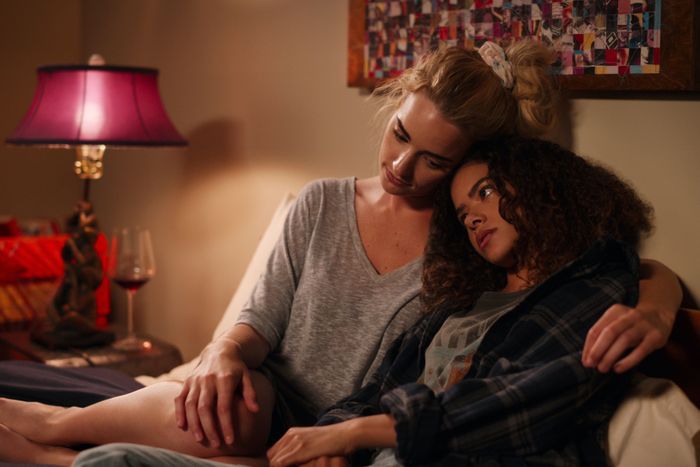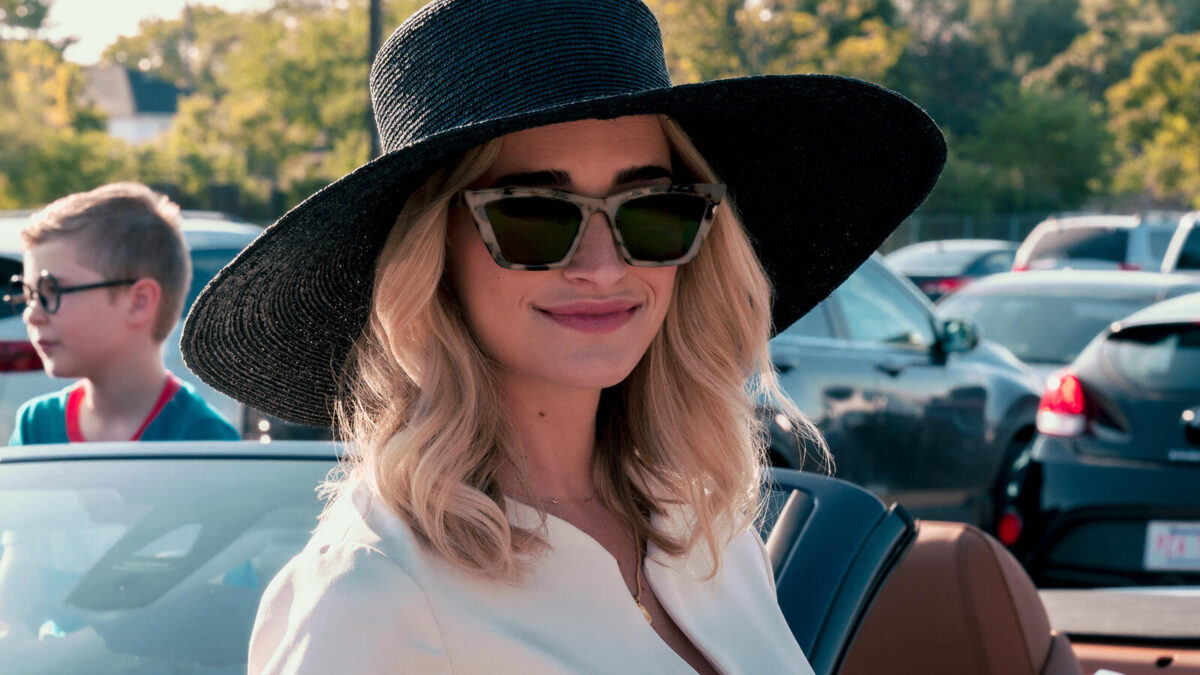Like flies on honey, viewers are stuck on Netflix series, Ginny & Georgia. But the show’s mystery and romance definitely stung us by the end.

A mother-and-daughter duo taking on the world is hard not to love. But that’s not the main reason why people are talking about the Netflix series, Ginny & Georgia. It is the sudden portrayal of dark mysteries, morally grey characters, new friendships, and betrayals.
The series is reminiscent of Gilmore Girls, which they even make reference to in the series. A single mother, Georgia (Brianne Howey) and young bookish daughter, Ginny (Antonia Gentry) have hardly any years separating the two. Plus nine-year old son Austin, who shows how innocence can be mutated by the harsh learning lessons from his mother. Critics state the Gilmore Girls reference was a leap of faith for the series. Although it can lure in old fans, it can also derail the show by underplaying the storyline.
Despite the show only airing on Netflix late February 2021, there has already been some major responses. Taylor Swift, took aim at the show for a joke made about her. During an argument, Ginny says to her mother “What do you care? You go through men faster than Taylor Swift.” The artist did not respond well, tweeting,
Hey Ginny & Georgia, 2010 called and it wants its lazy, deeply sexist joke back. How about we stop degrading hard working women by defining this horse shit as FuNnY. Also, @netflix after Miss Americana this outfit doesn’t look cute on you ? Happy Women’s History Month I guess pic.twitter.com/2X0jEOXIWp
— Taylor Swift (@taylorswift13) March 1, 2021
Critics have also responded negatively to Ginny & Georgia, claiming it does too many things. The series jumps between a dynamic mother-daughter duo, crime drama, teen drama, local political drama comedy and brooding romance being the foundation of the series. Despite the series creator’s indecisiveness to pick a genre, Ginny & Georgia is an enjoyable mystery that tackles issues of race, class, self-harm and identity.
Georgia, the Morally Grey Character
The more interesting characters in film and television are usually morally grey. Georgia is seen as a hero for protecting her children, while the villain for the vicious crimes she commits.
Initially, Georgia is the free-spirited mother that asks her neighbour for weed and talks to her daughter without a luring sense of superiority. Whether some aspect of yourself admires her or finds a deep connection to her, she is a loveable character.

Georgia’s dark past is revealed in glimpses, only making viewers want more. With each violent act imposed on Georgia, we begin to sympathise for her. Even when her character begins to turn and starts imposing such violent acts on others. As a young girl with no power, Georgia’s emphasis on power as an adult makes more sense.
“You win more flies with honey, but if you get yourself a bee, sting first” – Georgia
There is a large amount of mystery that drives the show. As Ginny begins to interrogate her mother on her dark past, we see the perspective change and Georgia’s illusion unravels. Despite previously sympathising with Georgia, we sense a deeper instability in the character. Only amplified by Georgia’s reluctance to reveal the truth.
“Never look backwards, only forward. It don’t do any good digging through mud. All you get is dirty. Best wash yourself clean and move on.” – Georgia
She continues to be a morally grey character throughout the season. She commits crimes against predatory males in the endeavour to protect her family, leaving the audience wondering, do we love or hate Georgia?
This question can only be answered by a second season. Despite only being released for a few weeks, Netflix is talking about another season.
Subscribe to FIB’s Weekly Alchemy Report for your weekly dose of music, fashion and pop culture news!






